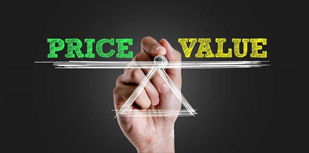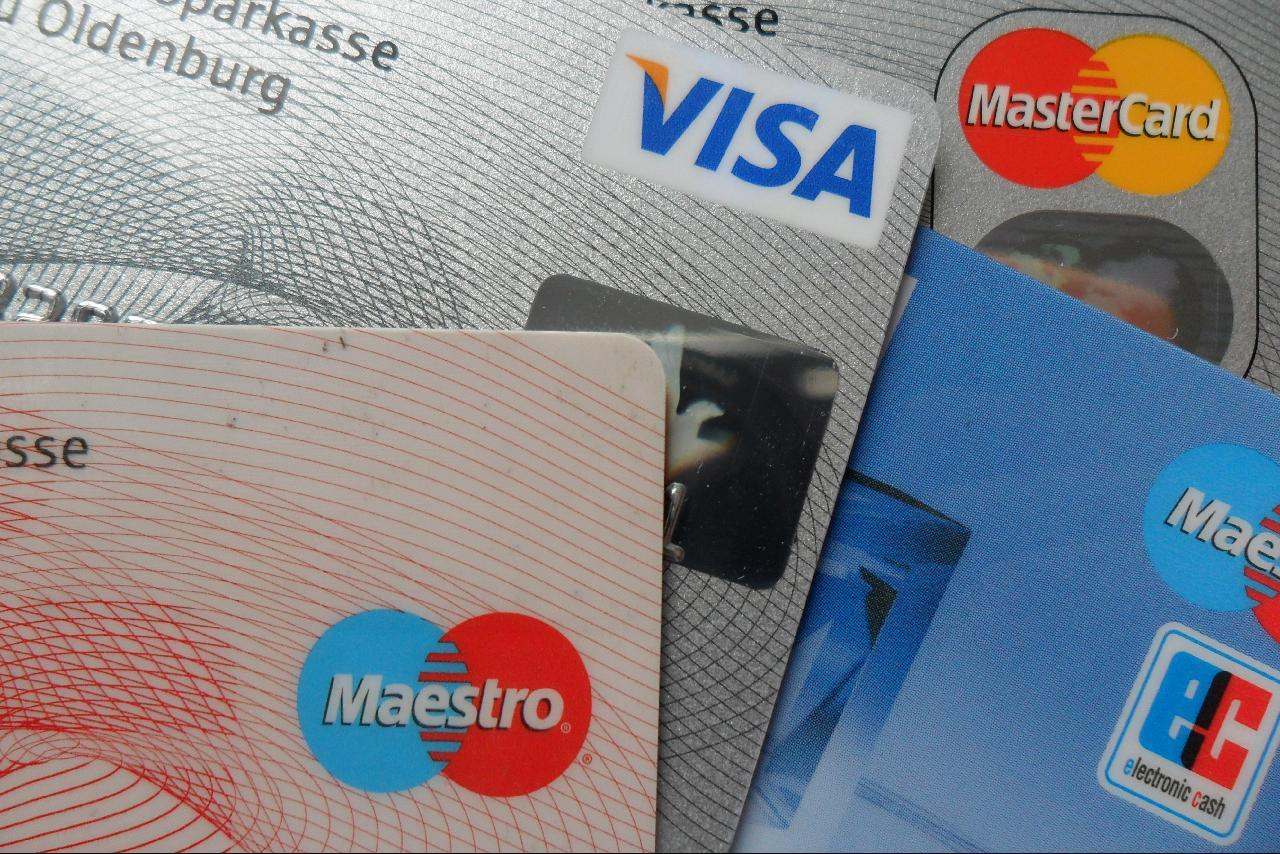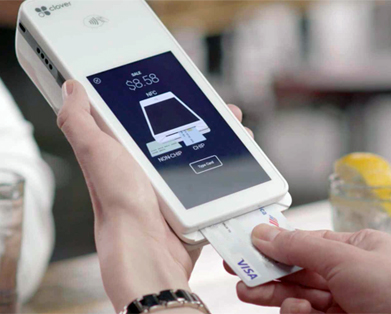Responsible Credit Card Uses
Personal finance experts spend a lot of energy trying to prevent us from using credit cards—and with good reason. Many of us use credit cards irresponsibly and end up in debt. However, contrary to popular belief, if you can use the plastic responsibly, you're actually much better off paying with a credit card than with a debit card and keeping cash transactions to a minimum. Let's examine why your trusty credit card comes out on top, and certain credit card uses and strategies to employ.
1. One-Time Bonuses
There's nothing like an initial bonus opportunity when getting a new credit card. Often times, applicants with good credit or excellent credit can get approved for credit cards that offer bonuses worth $150 or more (sometimes much more) in exchange for spending a certain amount (anywhere from $500 to several thousands of dollars) in the first several months the account is open.
Other cards entice applicants with bonus reward points or miles that can be redeemed for travel, gifts cards, merchandise, statement credits or checks (more on those below). In contrast, a standard debit card that comes with a bank checking account generally offers no initial bonus or ongoing rewards-earning opportunity.
2. Cash Back
The cash back credit card was first popularized in the United States by Discover, and the idea was simple: Use the card and get 1% of your purchases rebated in the form of cash back. Today, the concept has grown and matured. Now, some cards now offer 2%, 3% or even as much as 6% cash back on selected purchases, though such lucrative offers involve quarterly or annual spending caps. The best cash back cards are those that charge minimal fees and interest, while offering a high rewards rate.
Some cards, like the Fidelity Rewards card, offer a high 2% rate of cash back rewards on all spending but you must deposit your cash directly into a Fidelity investment account.
3. Rewards Points
Reward points credit cards are set up to allow cardholders to earn one or more points per dollar in spending. Many reward credit cards provide bonus points for certain categories of spending like restaurants, groceries or gasoline. When certain earnings thresholds are reached, points can redeemed for travel, gift cards from retailers and restaurants, or for merchandise items through the credit card company's online rewards portal.
Your credit card rewards options are almost endless. Get a co-branded card offered in partnership with a hotel chain, clothing retailer or even a nonprofit organization like AARP and you can leverage your everyday spending to earn valuable rewards day in and day out. The trick is to find the card that best fits with your spending patterns. Doing the inverse—altering your spending patterns to fit with a particular card—can be counterproductive. But if you're already spending money on a regular basis with a certain retailer or have an affinity for a certain hotel, why not use the card that will encourage your continued patronage by offering you enhanced rewards, discounts and perks?
4. Frequent-Flyer Miles
This perk predates almost all the rest. Back in the early 1980s, American Airlines began offering the consumers a novel way to earn frequent-flyer miles when not flying by forming a partnership with credit card giant Citibank. Now, all domestic and international airlines have at least one credit card available offered in similar partnership with major credit card issuers.
Cardholders generally earn miles at a rate of one mile per dollar in net purchases, or sometimes one mile per two dollars spent for lower-end card options that have no annual fee. How valuable this reward actually is depends on the type of airline ticket you purchase with your points or miles. Many frequent flyer cards are made immensely more valuable by their mileage-based introductory bonuses. These are often enough to put you 50–100% of the way toward an award flight after meeting the initial spending requirement involved.
5. Safety
Paying with a credit card makes it easier to avoid losses from fraud. When your debit card is used by a thief, the money is missing from your account instantly. Legitimate expenses for which you've scheduled online payments or mailed checks may bounce, triggering insufficient funds fees and making your creditors unhappy. Even if not your fault, these late or missed payments can also lower your credit score. It can take a while for the fraudulent transactions to be reversed and the money restored to your account while the bank investigates.
By contrast, when your credit card is used fraudulently, you aren't out any money—you just notify your credit card company of the fraud and don't pay for the transactions you didn't make while the credit card company resolves the matter.
Credit card networks like Visa and Mastercard provide zero liability coverage for unauthorized purchases as a way to encourage usage of their card over cash and check.
6. Keeping Vendors Honest
Say you hire a tile setter to set some flooring in your entryway. Workers spend the weekend cutting, measuring, grouting, placing the spacers and tiles and letting the whole thing set. They then charge you $4,000 for their troubles.
You draw upon your savings account and write a check. But what do you do when, 72 hours later, the tile starts to shift and the grout still hasn't set? Your entryway is now a complete mess, and that vein in your forehead won't stop throbbing.
You can take up the issue with your state licensing board, but that process could take months and the contractor still has your money. That's why, if you can, you should pay for a big-ticket item like this with a credit card. The issuer has an incentive to discourage fraud among its vendors, and if there is a problem, they have a mechanism to try to resolve it. More important, if you dispute the charge, the card issuer withholds the funds from the tile setter, and not only will you get your money back, you might even get help finding a new contractor.
7. Grace Period
When you make a debit card purchase, your money is gone right away. When you make a credit card purchase, your money remains in your checking account until you pay your credit card bill.
Hanging on to your funds for this extra time can be helpful in two ways. First, the time value of money, however infinitesimal, will save you money. Delaying eventual payment makes your purchase a tiny bit cheaper than it would be otherwise. Beyond that, your cash will spend more time in your bank account, and if you pay your credit card from an interest-bearing checking account and earn on your money during the grace period, the extra will eventually add up to a meaningful amount. vs. paying with a debit card, cash or check.
Second, when you consistently pay with a credit card you don't have to watch your bank account balance as closely.
8. Insurance
Most credit cards automatically come with a number of consumer protections that people don't even realize they have, such as rental car insurance (though often secondary to your personal auto insurance), travel insurance, and product warranties that may exceed the manufacturer's warranty.
9. Universal Acceptance
Certain purchases are difficult to make with a debit card. When you want to rent a car or stay in a hotel room, you'll almost certainly have an easier time if you have a credit card. Rental car companies and hotels want customers to pay with credit cards because it makes it easier to charge customers for any damage they cause to a room or a car. Another reason is, unless you have prepaid for your rental or hotel stay, the merchant doesn't know the final amount of your transaction and therefore needs to block out a certain amount of your available credit line in order to protect themselves from potential charges they didn't anticipate.
So if you want to pay for one of these items with a debit card, the company may insist on putting a hold of several hundred dollars on your account. Also, when you're traveling in a foreign country, merchants won't always accept your debit card—even when it has a major bank logo on it.
10. Building Credit
If you have no credit or are trying to improve your credit score, using a credit card responsibly will help because credit card companies will report your payment activity to the credit bureaus. Debit card use doesn't appear anywhere on your credit report, however, so it can't help you build or improve your credit.
When Not to Use a Credit Card
Paying with credit cards isn't always better than paying with cash. Retailers honor credit cards because they want to make it easy for you to shop there. But the merchants still have to pay the major credit card companies a portion of every sale in the form of a transaction fee. Since a cash sale means more to the retailer's bottom line than an equivalent credit sale does, some retailers give discounts for the privilege of taking your cash immediately. On a big item, like a furniture set, the difference could be substantial. However, you'll forego the previously mentioned consumer protections offered by credit cards.
Then there are other reasons when paying with credit isn't better, and they have to do with you and your spending habits. Using a credit card may not be right for you under the following circumstances:
- You can't pay your credit card balance in full and on time: If this tends to happen, stick with the debit card (or cash) to avoid falling into credit card debt and incurring interest charges.
- You tend to spend more than you can afford: Paying with debit will limit you to spending money already earned.
- You can only get a credit card with a low credit limit and you have a hard time staying under the balance: Exceeding your credit limit results in costly fees, and doing this can also put a dent in your credit score.
The Bottom Line
Credit cards are best enjoyed by the disciplined, who can remain cognizant of their ability to pay the monthly bill (preferably in full) on or before the due date. If you already know how to use a credit card responsibly, shift as many of your purchases as possible to your credit card, and don't use your debit card for anything other than ATM access. If you do, the combination of rewards, buyer protection and the value of cash-in-hand will put you ahead of those who pay with debit, check or cash.
This article was originally published By Amy Fontinelle, investopedia.com.










